As the UN prepares for the World Summit on the Future in 2024 and progresses towards adopting the Global Digital Compact (GDC), engagement with diverse stakeholders, including those from Arab countries, is crucial.
Given their unique cultural, historical and political backgrounds, Arab governments and stakeholder groups use different strategies to ensure that the concerns and aspirations of their communities are considered in crafting an inclusive, equitable digital future.
The GDC in the Arab world
Last month - before the 30 April deadline - the Lebanon IGF, where I serve as a Multistakeholder Advisory Group (MAG) member, and the Arab IGF, where I am a task force member working on the GDC submission, submitted their contributions to the GDC process. These submissions demonstrate the region's commitment to contributing to the Internet governance debate and to making its voice heard on important issues for today’s Internet.
However, the Arab world is not a monolithic entity, and as such, various positions on the GDC have emerged among Arab countries. While some nations actively participate in multistakeholder consultations and support the initiative, others have raised concerns. These diverse perspectives within the Arab world stem from differing political, social and economic contexts.
The League of Arab States’ (LAS) Permanent Delegation to the United Nations has expressed concern about the ongoing consultations on the Global Digital Compact, emphasising procedural and substantive aspects. Procedurally, the Arab Group requests more time for substantive talks between delegations and a more transparent liaison between the GDC and other relevant platforms, such as WSIS and the IGF. Substantively, LAS suggests that the GDC should avoid debating already contested topics and instead focus on bridging the digital divide, increasing investment in infrastructure, combating misinformation, ending digital monopoly, avoiding unilateral measures and strengthening collaboration on governments’ regulatory frameworks.
Recognising the importance of a collaborative approach, Arab governments are searching for a unified position on the GDC and its potential outcomes. If successful, they believe that they can effectively contribute to the Global Digital Compact and ensure that the region's unique needs and aspirations are considered.
At the first informal consultation with member states on the GDC on 30 January 2023, China and the Group of 77, including many Arab countries confirmed their commitment to actively engaging in this important intergovernmental process and to reaching a concise, action-oriented outcome through intergovernmental negotiations.
Embracing the multistakeholder approach
The Arab Internet Governance Forum (Arab IGF) has been working diligently to gather input from various stakeholders, including governments, the private sector, the technical community, academia and civil society, to address the future of Internet governance and digital cooperation. As part of the National and Regional Initiatives (NRIs), the Arab IGF plays a crucial role in the GDC consultation process by promoting a more inclusive and culturally sensitive approach to Internet governance.
Through a series of online meetings and workshops, the Arab IGF has facilitated consultations on the GDC. Key events included informal and formal meetings with the Arab IGF community, High-Level Meetings and a special session with the Office of the United Nations Secretary-General's Envoy on Technology.
On the other hand, LebIGF's submission to the GDC is a testament to Lebanon's commitment to playing an active role in shaping the future of Internet governance despite the economic and political crises facing the country. As a platform that brings together diverse stakeholders to discuss critical Internet governance issues in Lebanon, the LebIGF ensures that the unique perspectives and concerns of the Lebanese community are represented in the global conversation.
Arab countries, like many other regions, support and adopt the multistakeholder approach at different levels and in different ways to ensure that all stakeholders engage in meaningful dialogue to address the digital age's complex challenges. Although some governments may have reservations about this model, the values of transparency and inclusivity in the decision-making process are beginning to take precedence in the new discourse.
Continuing the dialogue
WSIS’s Tunis Agenda endorsed the multistakeholder approach as a core governance principle, requiring active and informed participation from all stakeholder groups. Every group with a 'stake' in governance discussions must have an equal opportunity to voice their opinions and meaningfully contribute to the outcomes.
Arab governments are responsible for ensuring citizens can access and use the Internet safely. Public policy can contribute to this goal or impede development and innovation. Policies must be developed and implemented with an understanding of how the Internet works, upholding the Internet’s values and protecting its technical core. Continuing dialogue, exchanging insights and sharing best practices in venues such as RIPE Meetings, MENOG and the Arab IGF help produce a clear, shared understanding that is vital for effective public policy.
How does the RIPE NCC contribute to fostering an inclusive, open and bottom-up process to shape the future of Internet governance? The RIPE NCC excels at bringing together different stakeholders, including governments, to engage in such discussions, positively impacting the landscape of global, regional and national Internet governance. The RIPE NCC works with all stakeholders in Arab countries and elsewhere, emphasising the importance of building on the dialogue, progress and achievements of WSIS and the IGF. We call for using and strengthening existing forums and processes, and we caution against creating parallel discussions and decision-making structures that risk fragmenting the coordination necessary to manage the global Internet.
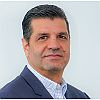
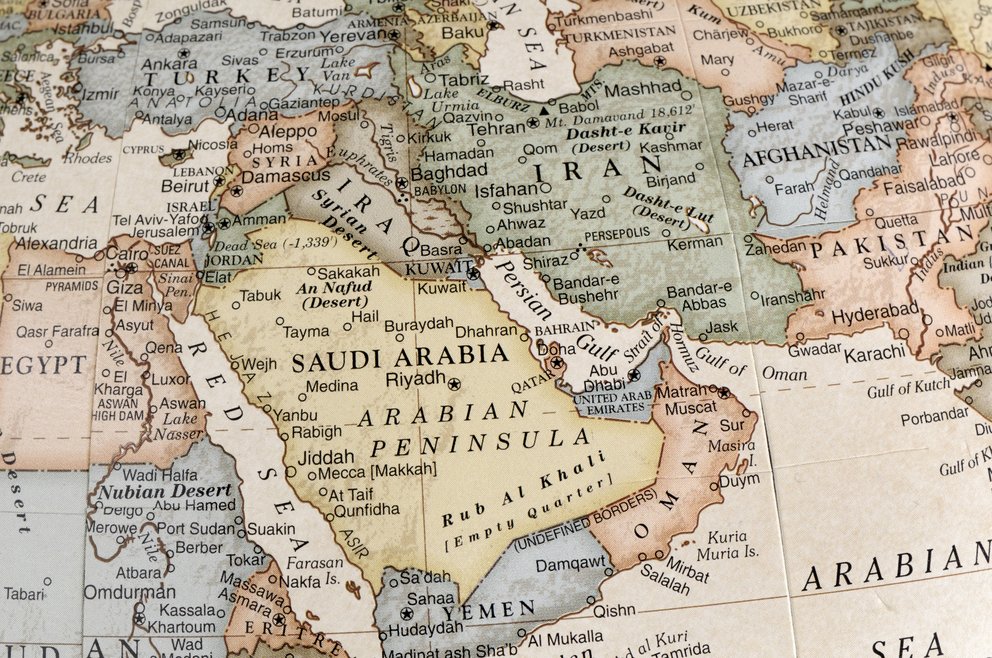
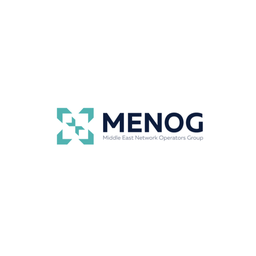
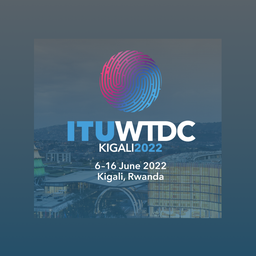
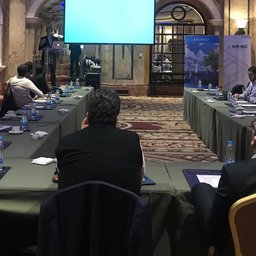
Comments 0
The comments section is closed for articles published more than a year ago. If you'd like to inform us of any issues, please contact us.